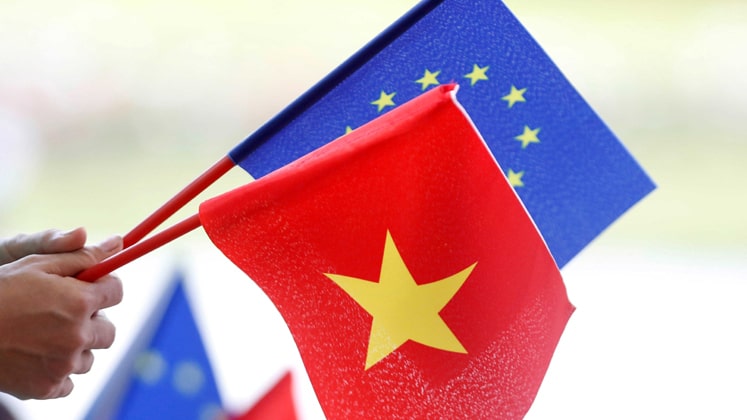
Though EVFTA could go a long way to benefit the SMEs in Vietnam, there are certain areas country’s domestic sector needs to focus on.
Stressing on this, Le Tien Truong, General Director, Vietnam National Textile and Garment Group – better known as VINATEX – said that the domestic sector has to meet ‘origin regulations’ if it has to enjoy any benefit of the European Union Vietnam Free Trade Agreement (EVFTA) that came into effect on 1 August 2020.
Truong added that EVFTA, however, has a provision wherein textile and apparel units in Vietnam can factor in sources of materials from South Korea, Japan and EU countries while calculating for the preferential treatment.
Here it is important to note that the textile and apparel firms in the country have lately been purchasing fabrics from the aforementioned markets at an estimated proportion of 25 per cent.
More on the same, Truong said that as the volume of domestic fabric used accounts for 20 per cent, the total 45 per cent ratio can ensure the principle of origin.
He also said that to make this happen, Vietnam should work with Japan and South Korea to reach an agreement on the aggregation of the ratio of input materials.
Responding to Truong, Tran Tuan Anh, Minister of Industry and Trade, said that the agency was speeding up the process of negotiation with both the above-mentioned countries and expected to issue a circular this month, which would guide on recognition of aggregation ratios between Vietnam and the two countries.
Watch out this space for more developments!






